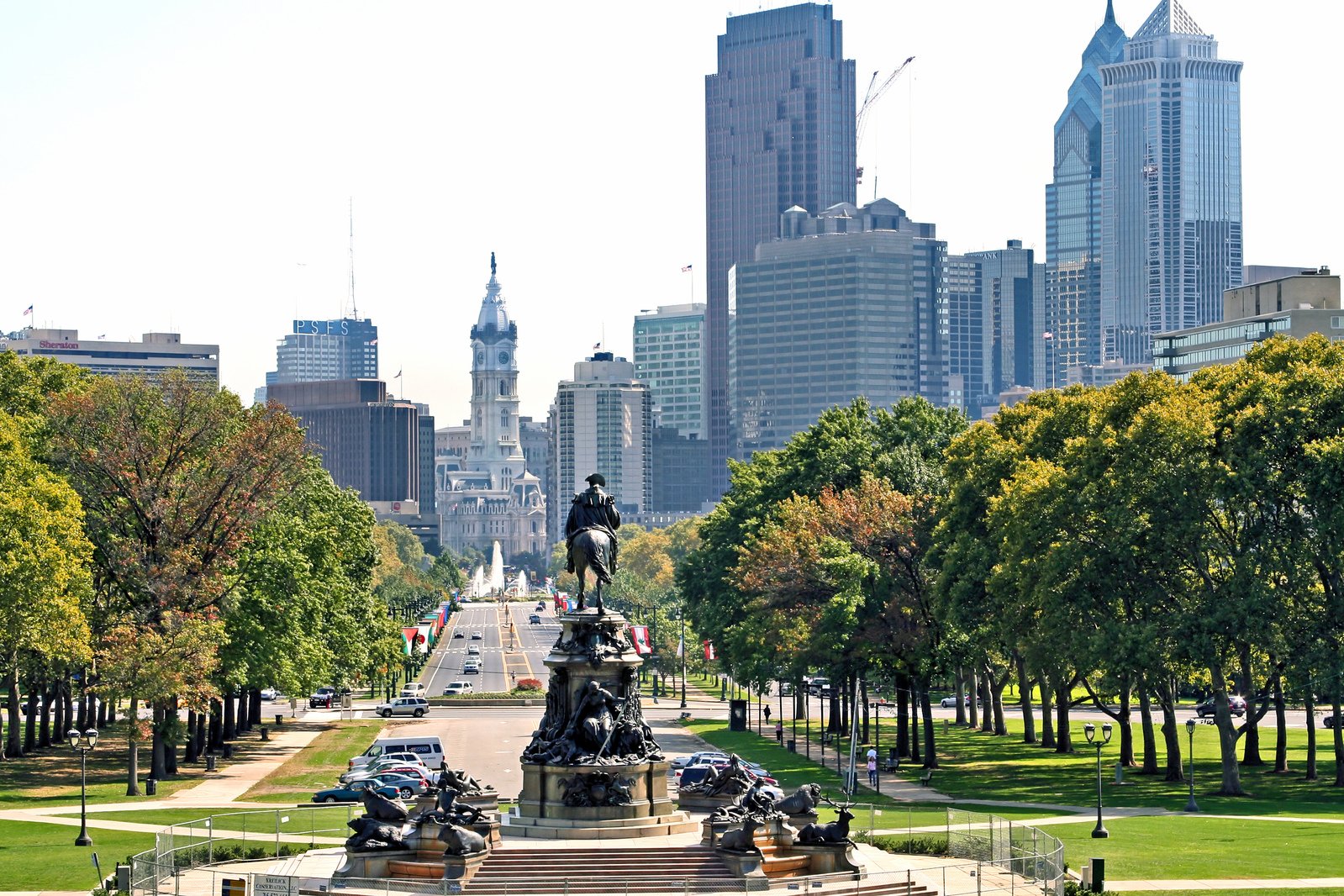June 2019 online poker revenue in the state was $1.77 mm. Online casino revenue for the same month was $38.1 mm, while online sports betting produced $4.1 mm. With these numbers in mind, it’s not surprising that other verticals have been given priority in Pennsylvania over poker. It’s coming, though. The question is when. After a long delay, Pennsylvania poker fans finally got the chance to legally play cards online with the launch of PokerStars PA on November 4, 2019. Within minutes, hundreds of players had seats at the virtual felt, showing the appetite for iPoker in the state.
Partypoker Pa Launch Date
While the 2019 World Series of Poker waswrapping up, the “start date” for online gaming and poker in Pennsylvania’s camearound. On July 15, the proposed opening of the new Pennsylvania industry tookplace with the “soft” opening of two online casinos. The news isn’t so good foronline poker, however, with its start delayed “indefinitely.”
First Out of the Gate
Pa Online Poker News
Nearly two years after the approval by thePennsylvania legislature and Gov Tom Wolf, both Parx Casino and HollywoodCasino opened for business with what is called a “soft” launch. A “soft” launchis a short term opening to see how things run and, if there are any glitches, thatthey can be fixed before a “hard” opening. In the cases of Parx and Hollywood,they opened up for three days this last week for eight-hour periods each day. Theywere joined by a third casino, SugarHouse Casino (which will become RiversCasino Philadelphia), who had their own “soft” opening on Wednesday.
These new online casinos offered the usualassortment of games that you would find in a “brick and mortar” casino. Slots,table games (baccarat, blackjack, roulette) and other offerings were beingtested, with eager Keystone State residents ready to test their skills against “thehouse.” It also allowed regulators to test their systems, includinggeo-location (as players must be in the state of Pennsylvania to be able topartake of the games) and age verification processes.
For Parx and SugarHouse, this was just thenext step in their online operations. Both locations have been running theironline sportsbooks with great success. The addition of casino gaming isexpected to bring in millions for both casino operations.

…But No Online Poker Yet
The one thing that is missing from thestart of the Pennsylvania online gaming operations is online poker, which alsopassed in 2017. Douglas Harbach, a spokesman for the Pennsylvania GamingControl Board, statedto the Philadelphia Inquirer’s Andrew Maykuth that the start of whatis considered “peer-to-peer” gaming – gaming that is between two humanparticipants – is “more complicated” andthus required more time to work the kinks out. Harbach did not say to the Inquirerwhen online poker would be allowed, but that it was “indefinitely delayed.”
Harbach went into more depth with MichaelGentile of Pokerfuse in stating that there was one operator that was readyto go for poker and that, whenever the operators are ready to start onlinepoker, they would do so. “Poker will be rolled out when operators are preparedto do so,” Harbach said to Gentile, but he didn’t indicate when this wouldoccur and whether there would be some coordination with the regulatory body orit would be a “first mover” situation.
About Time for Pennsylvania?
It’s been a long road for Pennsylvania with their online gaming and poker regulations. After a great deal of debate in 2017, it took more than a year of work to get the regulations set for the casino operators in the state and any software providers. Licensing got off to a slow start in June 2018, with several casinos waiting until the last minute to purchase their licenses. The licenses would eventually sell out, but it made for admittedly tense moments for Pennsylvania regulators. In April 2019, the PGCB announced without much fanfare that individual operators would be able to begin to accept bets on July 15, with sports betting opening in the state prior to that.

Wsop 2021 Tournament Schedule
There will be many eyes on Pennsylvania over the first few months of their new online operation. As the largest state to offer online gaming and poker to their intrastate audience (Pennsylvania has more citizens – 12.8 million – than the other three states that have regulated online gaming and poker combined (Nevada, New Jersey and Delaware, which total around 12.5 million)), the revenues generated and the number of participants will be critical in judging the success of the new industry. It will also give many other states that have been debating the online gaming issue ammunition – but which way that information goes will be the question.
